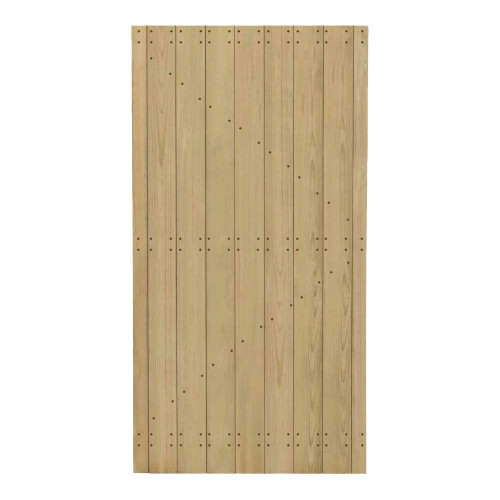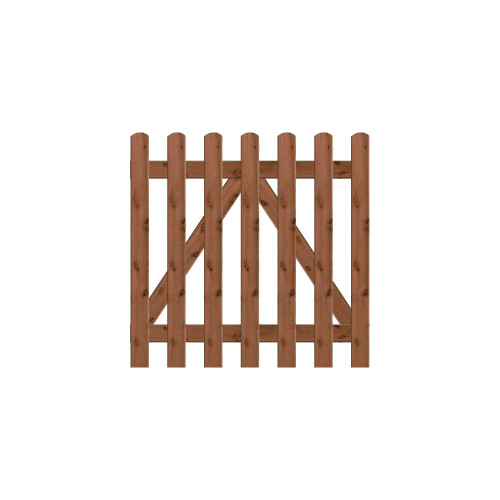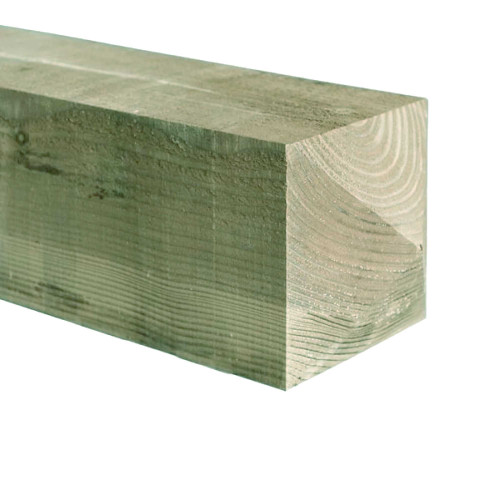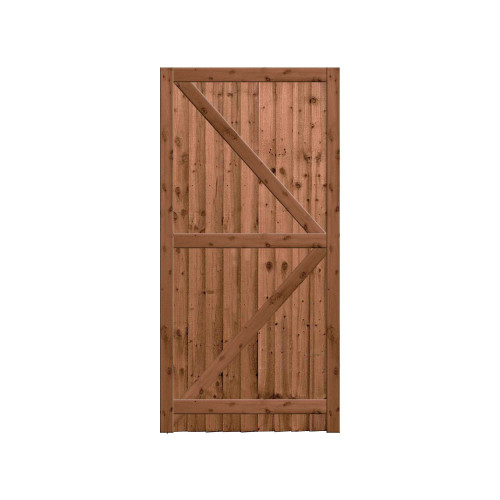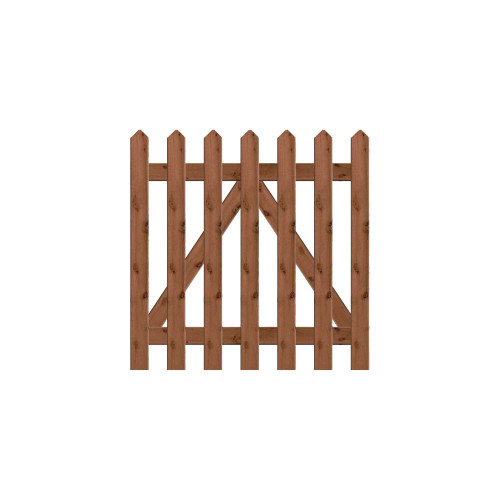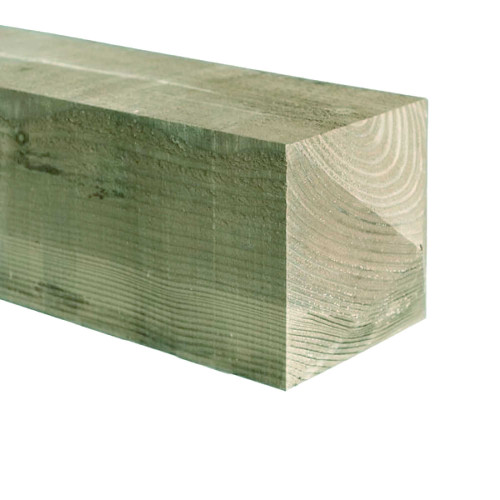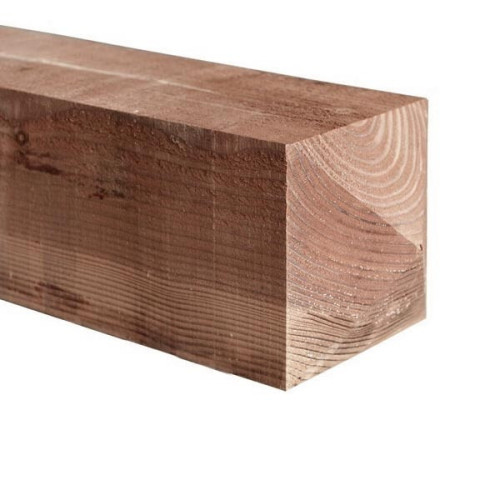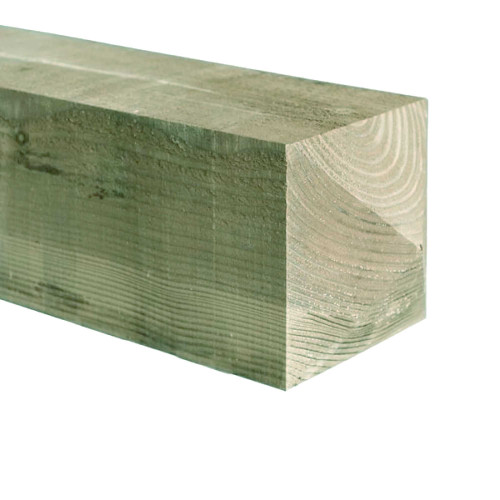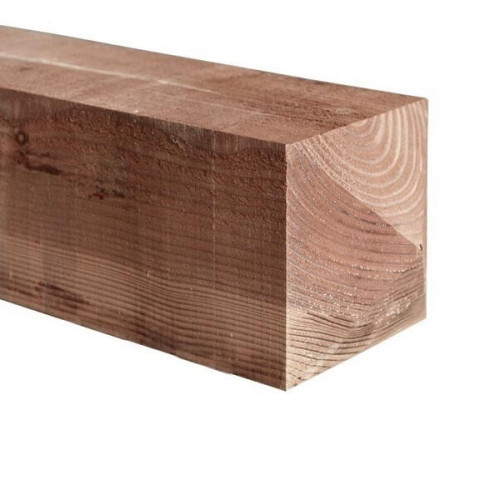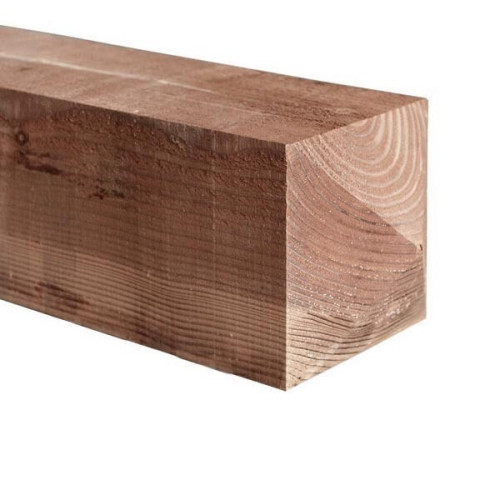Garden Gates
Whether you're a DIY enthusiast, a homeowner looking to upgrade your exterior, or a landscaper seeking reliable products for your clients, East Coast Fencing offers a comprehensive range of high-quality garden gates to suit your needs. With options like Tongue and Groove, Picket, and Feather Edge Gates, our collection promises both functionality and aesthetic appeal. Our dedication to quality is reflected in our 10,000+ 5-star reviews, and we are proud to offer free delivery on orders over £99 when you shop online with us.
Our garden gates are meticulously crafted to enhance the beauty and security of your property. Each style has been designed with care, ensuring you receive a product that not only looks great but also stands the test of time. Whether you're installing a gate for privacy, security, or purely decorative purposes, our selection has something to offer everyone. At East Coast Fencing, we believe in providing products that deliver exceptional value and lasting satisfaction.
Delivered by East Coast Fencing, our garden gates are perfect for transforming any outdoor space. Our commitment to customer satisfaction ensures a seamless shopping experience from start to finish, with expert advice available to guide your choices. Explore our range today and discover why so many customers trust us for their fencing solutions.
Tongue & Groove Gates
Tongue and Groove Gates are a popular choice among those who value privacy and durability. These gates are constructed with interlocking boards that create a solid panel, offering a high level of privacy and noise reduction. The seamless design not only looks sleek but also adds an extra layer of security, making it an ideal choice for front or back gardens.
The robust construction of Tongue and Groove Gates ensures they withstand the elements, maintaining their appearance and functionality over time. Made from high-quality timber, these gates are treated to resist rot and decay, ensuring they remain a low-maintenance option for homeowners and landscapers alike. Their strength and stability make them a long-term investment for any property.
In addition to their practical benefits, Tongue and Groove Gates offer a classic aesthetic that complements a variety of home styles. Whether your property has a traditional or modern look, these gates can be customised to match, with options for different finishes and colours. This versatility makes them a timeless addition to any garden.
Installation of Tongue and Groove Gates is straightforward, especially for DIY enthusiasts. With the right tools and guidance, you can achieve a professional finish that enhances your property's curb appeal. We provide clear instructions and support to help you install your gate with ease, ensuring a secure and precise fit.
Maintenance of these gates is minimal. Regular cleaning and occasional treatment with wood preservative will keep them looking their best for years to come. This low-maintenance requirement is perfect for busy homeowners and professionals who value both quality and convenience.
For those seeking a dependable and attractive gate solution, Tongue and Groove Gates from East Coast Fencing are a top choice. Experience the fusion of style and functionality by adding one of these gates to your property today.
Feather Edge Gates
Feather Edge Gates are renowned for their rustic charm and practicality. Crafted with overlapping vertical boards, these gates provide excellent coverage and strength, making them suitable for a variety of applications. They are particularly effective for creating a natural boundary that blends seamlessly with your garden's landscape.
The design of Feather Edge Gates allows for flexibility, making it easy to adjust the height and width to fit your specific requirements. This adaptability is beneficial for homeowners who need a tailored solution for their fencing needs, ensuring each gate is perfectly suited to its environment.
Durability is a key feature of Feather Edge Gates. Constructed from high-quality timber, they are built to withstand harsh weather conditions while maintaining their integrity. Our gates are treated to prevent rot and insect damage, guaranteeing they remain a reliable fixture in your garden.
Aesthetically, Feather Edge Gates offer a traditional look that enhances the natural beauty of outdoor spaces. The rustic finish adds character and warmth, making them a popular choice among those who wish to create a welcoming and homely atmosphere. Available in various finishes, these gates can be customised to match your garden's design.
Installation of Feather Edge Gates is user-friendly, with comprehensive instructions provided to guide you through the process. Whether you're a seasoned professional or a DIY novice, you can achieve a secure and attractive installation with minimal effort. Our support team is available to assist with any queries you may have.
For ongoing maintenance, Feather Edge Gates require periodic cleaning and treatment with wood preservative to retain their appearance and strength. This simple upkeep ensures your gates continue to enhance your property's look and function long into the future.
Picket Gates
Picket Gates are a timeless choice that bring charm and elegance to any garden. Known for their distinctive pointed tops, these gates are perfect for those who wish to add a touch of classic style to their property. They are versatile and can be used for both front and rear garden entrances.
The open design of Picket Gates provides a welcoming feel while still defining your property's boundaries. This style is particularly popular for gardens where visibility is desired, allowing you to showcase your outdoor space while maintaining a degree of separation.
Constructed from high-quality materials, Picket Gates from East Coast Fencing are designed to last. Each gate is treated to resist weathering and decay, ensuring it remains a beautiful and functional part of your garden for years to come. The robust construction provides peace of mind, knowing your gate can withstand the elements.
In terms of aesthetic appeal, Picket Gates are available in a variety of finishes and colours, allowing you to customise your gate to suit your personal taste and home style. Whether you prefer a natural wood look or a brightly painted finish, these gates offer endless possibilities.
Installing a Picket Gate is a straightforward task that can be completed by homeowners and professionals alike. With detailed instructions and all necessary fixtures included, you can achieve a flawless finish that enhances your garden's appeal. Our team is on hand to provide advice and support throughout the installation process.
To keep your Picket Gates looking their best, they require minimal maintenance. Regular cleaning and occasional repainting or staining will ensure they remain a vibrant and attractive feature of your property. This easy upkeep makes them an ideal choice for those seeking a stylish yet practical garden gate solution.
Gate Posts
Gate Posts are an essential component of any garden gate installation, providing the necessary support and stability for your chosen gate. East Coast Fencing offers a range of high-quality gate posts designed to complement our selection of gates, ensuring a secure and professional installation.
The importance of choosing the right gate posts cannot be overstated. They are responsible for supporting the weight of the gate and ensuring it operates smoothly. Made from durable materials, our gate posts are designed to withstand the rigours of daily use while maintaining their integrity over time.
Our gate posts are available in various sizes and styles, allowing you to select the perfect match for your gate and garden design. Whether you're installing a Tongue and Groove, Feather Edge, or Picket Gate, we have the ideal post to suit your needs. Each post is treated to resist rot and weather damage, ensuring long-lasting performance.
Installation of gate posts is a critical step in the gate-fitting process. Proper alignment and securing of the posts ensure your gate functions correctly and remains stable. We provide detailed instructions and guidance to help you achieve a precise and sturdy installation, whether you're a DIY enthusiast or a professional landscaper.
For optimal performance and aesthetics, it's important to consider the finish of your gate posts. Matching the post finish to your gate creates a cohesive look that enhances your property's overall appearance. Our range of posts includes various finishes to complement your style preferences.
Maintenance of gate posts is simple, requiring only occasional cleaning and treatment to preserve their appearance and strength. This routine care ensures your gate posts continue to support and enhance your garden gate for many years to come.
At East Coast Fencing, we understand the significance of well-crafted gate posts in achieving a successful gate installation. Our commitment to quality and customer satisfaction guarantees that you'll find the perfect solution for your needs in our range of gate posts. Explore our selection today and secure the foundation for your garden's entrance.



